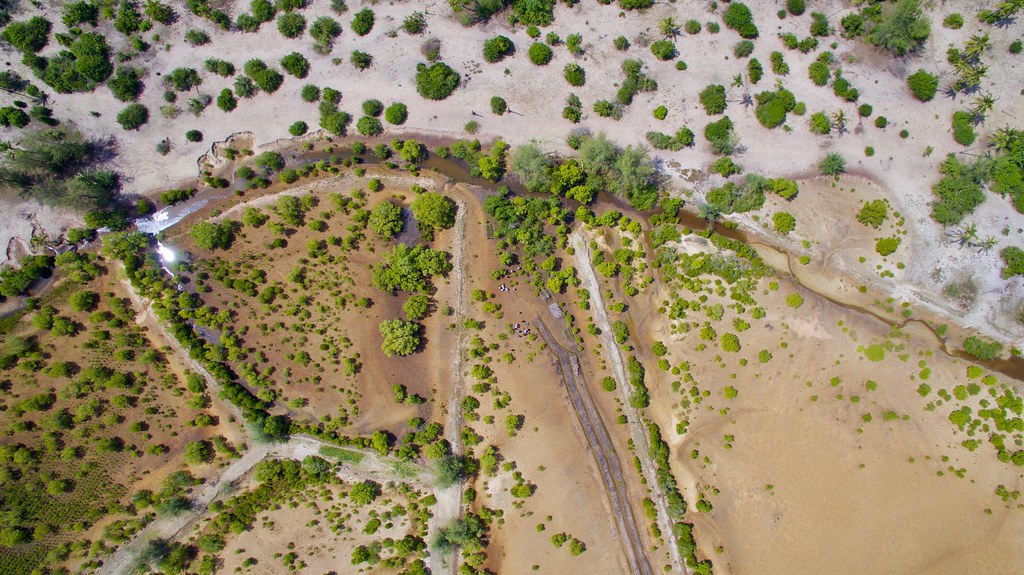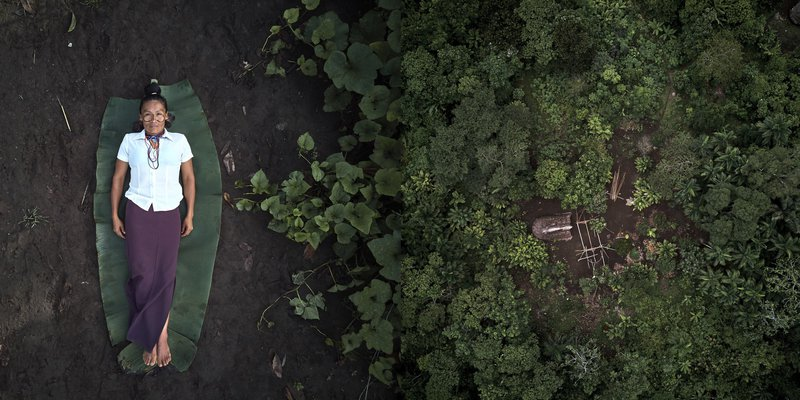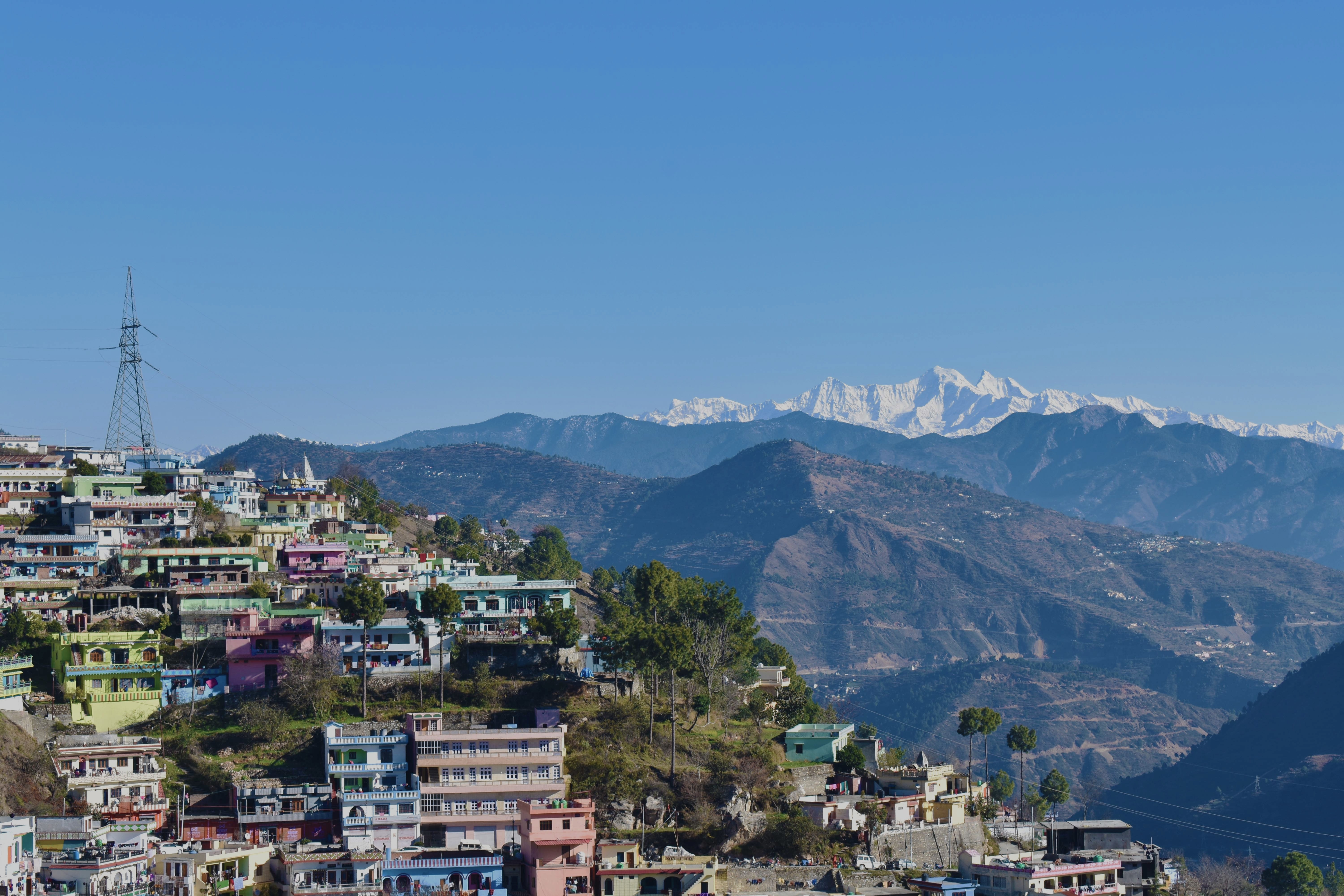MSc Development Management student, Angela Salmeron Contreras explores why some people are more vulnerable to environmental hazards than others.
Introduction
Hazards are not just the fruit of climate change or are not just “natural” as most of the literature states. The simplicity of this current discourse forces us to achieve a deeper level of comprehension of the situation: Hazards cause catastrophes because of the poor efforts of institutions to cope with disasters. The lack of ability to have agency and representation in a normative system causes problems with quality access to assets and entitlements among a marginalized group of people who, in the end, are the ones who suffer the most. The absence of inclusive institutions in both developed and developing countries perpetuates a situation of vulnerability within a framework that was created from the lens of privilege. This context has led to the acceptance of an unfair situation in which certain groups of people are off the system and are left behind.
A change of perspective
Environmental hazards are seen to be managed differently by the state depending on whether you belong to a privileged group of people or not, which explains why some people are more vulnerable than others to environmental disasters. The emergency response of the state is believed to be poor for many reasons: Not only do states make systemic obstacles to marginalized people, but they also abandon communities, providing aid and support only to privileged persons. In this context, a common mistake that people often make is thinking that poor and vulnerable people are the same, or mistakenly regarding impoverished households as the most vulnerable. However, many households employ short-term strategies to augment their income, like remittances. In this sense, when unexpected events occur, such as family breakdowns, these households, who hadn’t taken their long-term asset base into account, end up in a more precarious situation (Moser, 1998). This underscores the importance of distinguishing between poverty and vulnerability.
Another factor to be considered is that the measurement of an objective way of understanding poverty is no longer sufficient, and the importance of measuring the experience of the impact of a hazard on the ground should be studied more (Moser, 1998). This is relevant in a situation where most of the academic literature has been written from a privileged position. I agree with Bankoff (2002) when he says that the main narrative about disasters is being told by Westerners, but this view denies the fact that people in developed countries are also vulnerable. Instead, what should be emphasized is the sole privileged view in which these papers are written. Indeed, what I would dare to say is that most of the scholars in the Global North and in the Global South who write about disasters are not vulnerable at all. Why then, their discourses should be considered if they have never experienced vulnerability? Maybe they know how to write a paper but that does not mean that the solutions they provide are realistic or effective. That is why we should give room to hear the voices of vulnerable people to hear their concerns and their expectations. The view of Gaillard (2018) is interesting when he says that collaboration between Westerners and local researchers should be done, but the way he makes a division of the world between Westerners and non-western scholars seems too simplistic since he does not focus on vulnerable people that are actually in both worlds.
To answer the question of why some people are more vulnerable than others towards environmental hazards, we must address how the political agenda has been designed and structured over the years. As I stated earlier, papers, methods and researchers do not represent communities that are at risk of hazards (Gaillard, 2018). The whole narrative of environmental hazards is being built from a physical perspective of the hazard itself: “Environmental hazards”, “natural hazards”, shouldn’t we call it “the deliberate incapability of dealing with hazards?”
Having said that, the same approach of not dealing effectively with hazards has been used over the decades, and the truth is that vulnerabilities cannot be tackled in the same way. Being vulnerable in a developed country is not the same as being vulnerable in a developing country, just as being vulnerable in a rural area is not the same as being vulnerable in a city. This phenomenon can be attributed to a reluctance to adequately confront the structural obstacles faced by certain individuals. An example of this is the way that the media is reporting on disasters. The media tends to underscore only the impact that hazards have on rich people, and they exclude other communities without dealing with the lack of response of the state towards people who encounter difficulties entering the system because of their immigration status, gender, skin color, or level of income. This shows, how the media reflects the reality of a biased agenda which features only those who belong to a pre-settled system. More often than not, the media sensationalizes some regions highlighting again, the physical matter of hazards, attributing adjectives to victims such as “helpless” (Mendez, 2020), as if there was nothing to be done with the slow and invisible violence that underrepresented and excluded communities end up suffering.
As a whole, stressing the need to shift our focus towards changing mindsets to dismantle the discriminatory barriers within the system, should be a central element of our political agenda (Gaillard, 2018). However, a change of mentality is not sufficient if the role of the state is not being put in the center of the debate. The current status quo was designed after the Washington Consensus where the importance of the state was undermined creating, as a result, a neoliberalist agenda. Nevertheless, the state could be the solution to confront the issue in an inclusively way (Wisner, 2004). Thereby, the right establishment and remodeling of institutions are necessary to build an inclusive state that can manage emergencies without discriminating against any group. In the meantime, what we can do is facilitate and accompany institutions in the arduous path of generating change from within the system to marginalized groups to acquire agency, leading to improved representation and accessibility to institutions.
The views expressed in this post are those of the author and in no way reflect those of the International Development LSE blog or the London School of Economics and Political Science.





